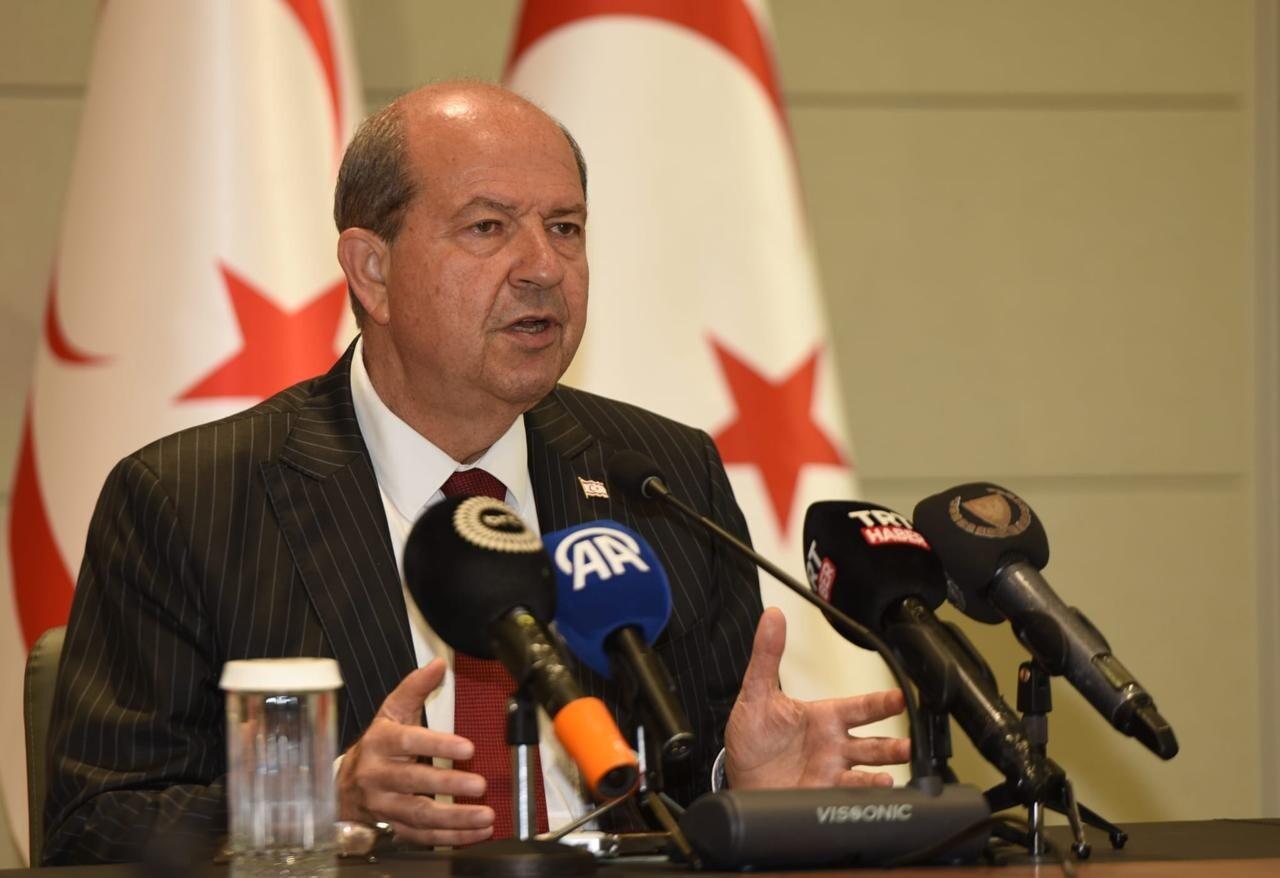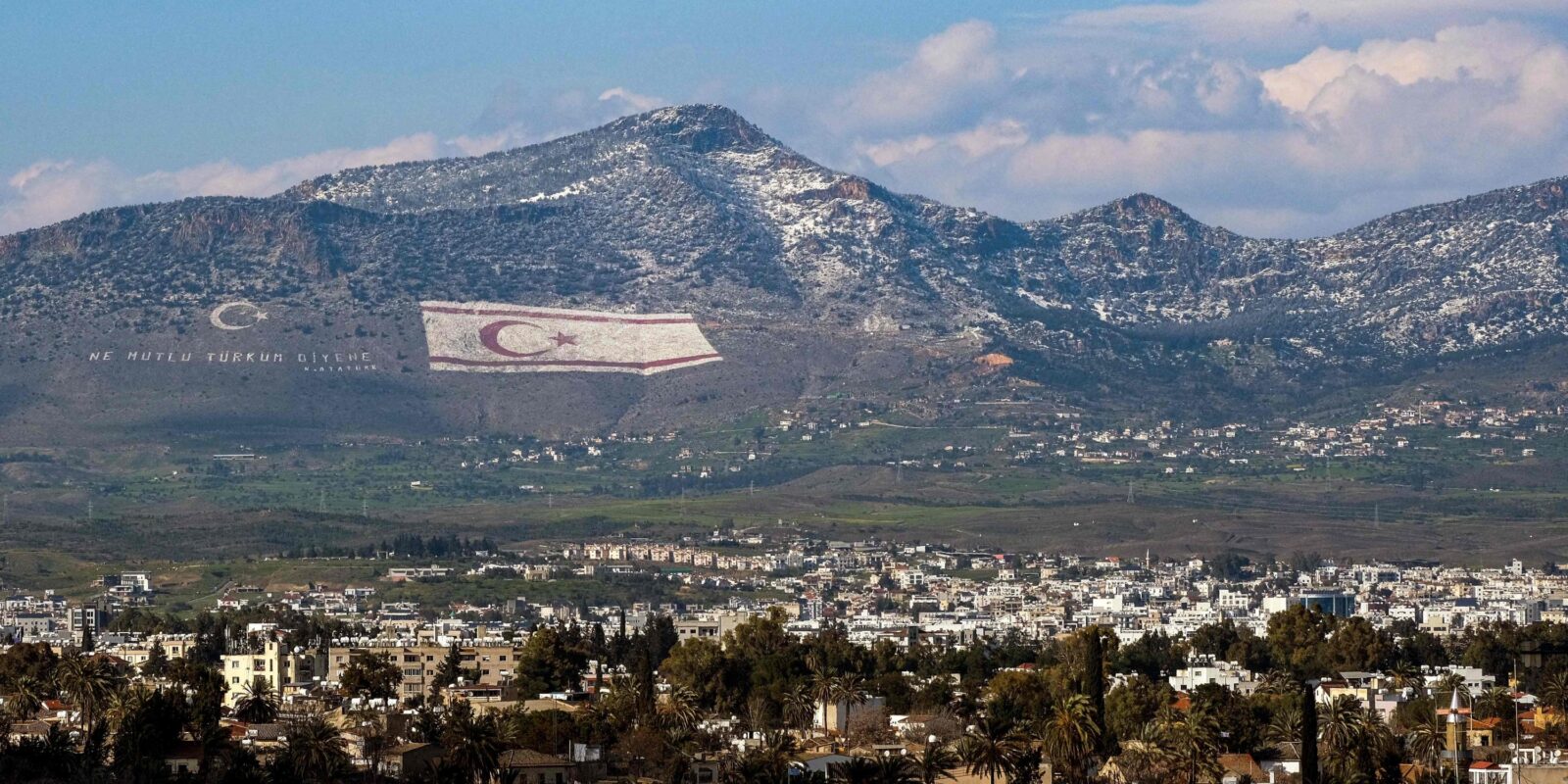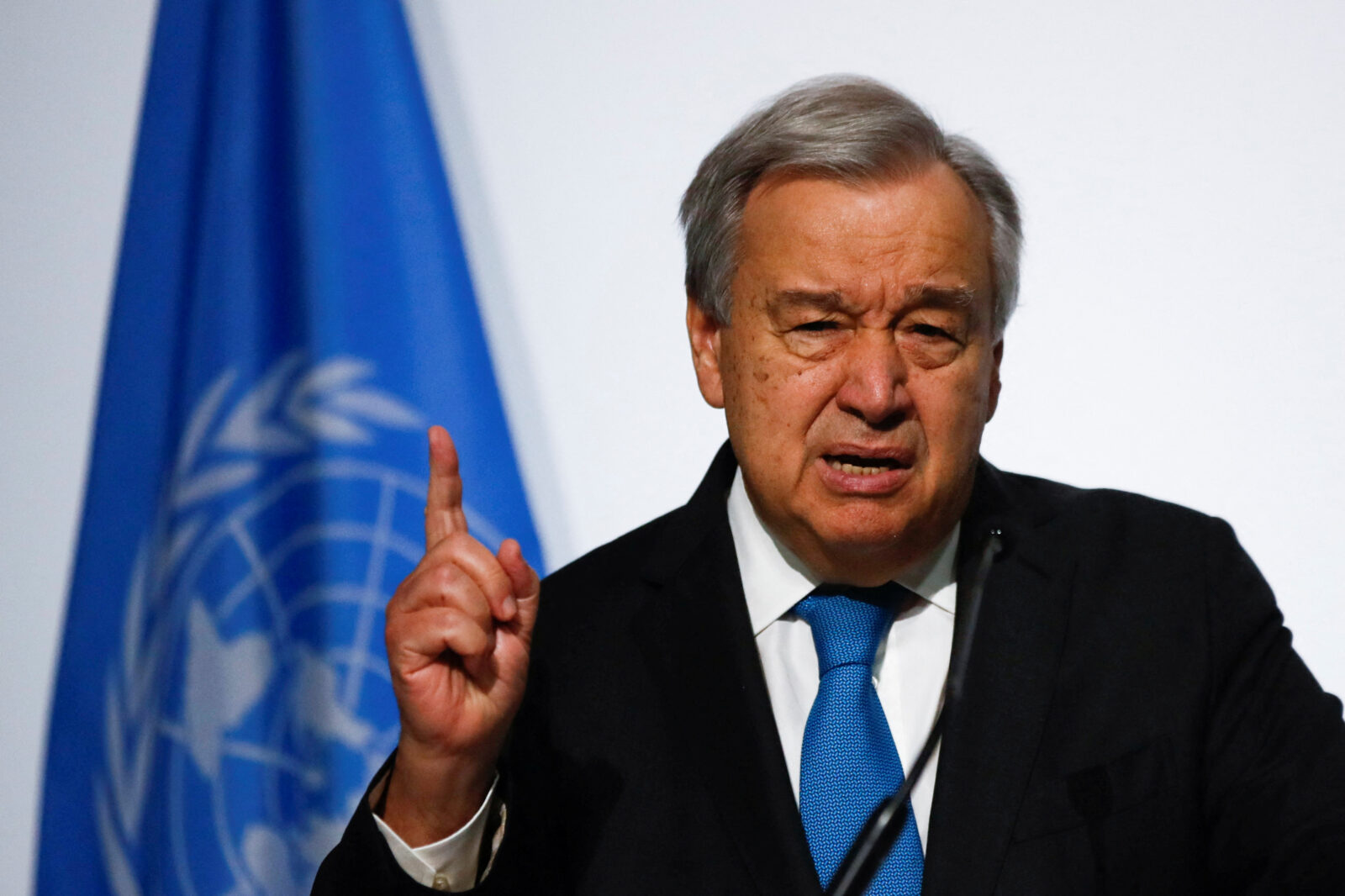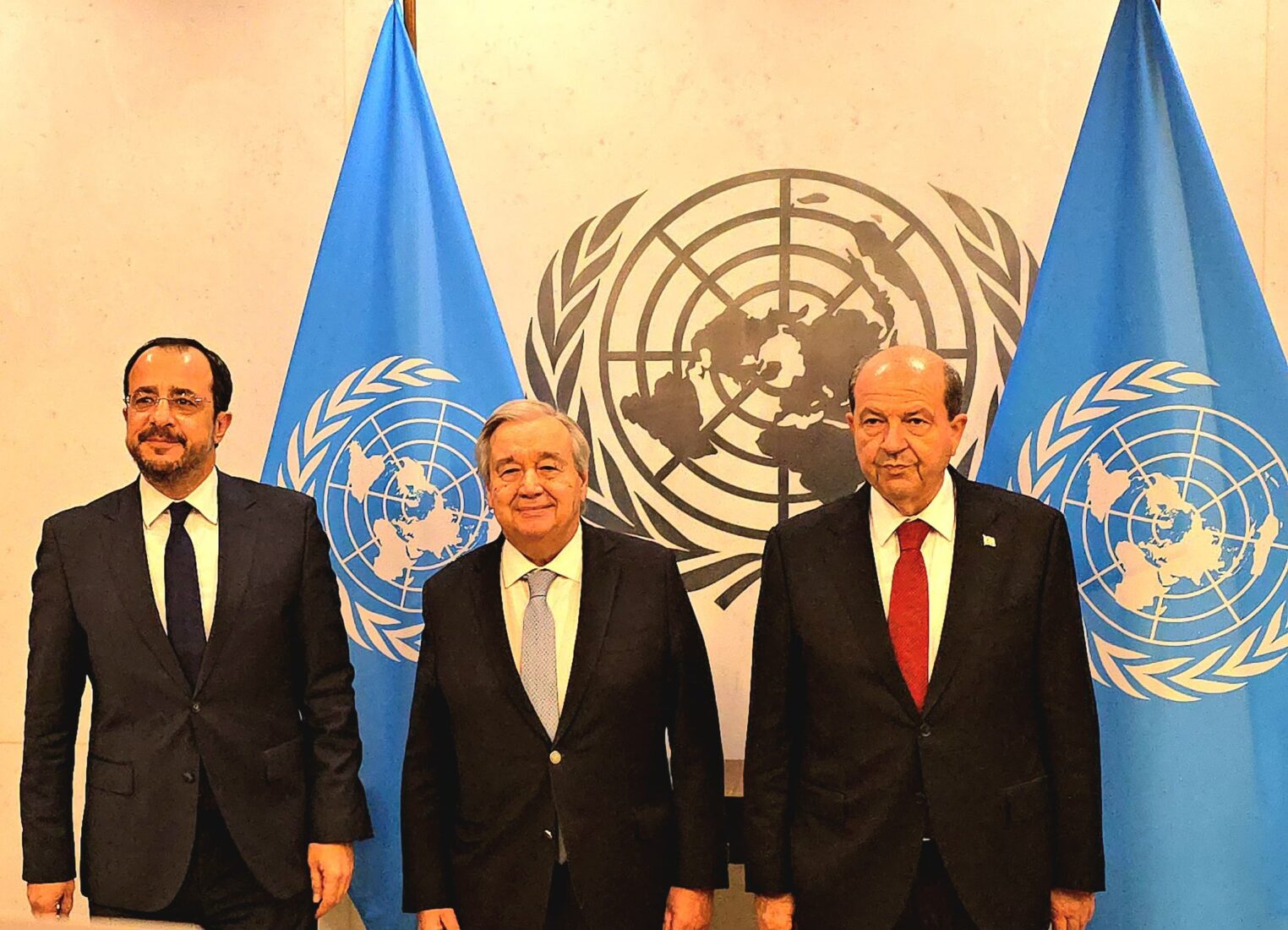
In the aftermath of a meeting between Turkish Cypriot President Ersin Tatar and Greek Cypriot leader Nikos Hristodulidis, Tatar expressed concerns over the rising tensions caused by the Greek Cypriot side's actions regarding property matters, particularly those affecting Turkish Cypriots.
The meeting, held at the Ledra Palace Hotel in Nicosia, was attended by Colin Stewart, the U.N. special representative and head of the U.N. Peacekeeping Force in Cyprus (UNFICYP).
Tatar emphasized that these property disputes were complicating efforts to foster cooperation and peace.
Following the discussions, Tatar highlighted that one of the key issues discussed was the property dispute. He pointed out that actions by the Greek Cypriot side regarding property claims were increasing tensions rather than promoting peace.
"The steps taken by the Greek side on property matters are raising tensions," Tatar said in his statement.
He also questioned the sudden revival of property issues years after they were settled through the Immovable Property Commission established after the Annan Plan.
"Why are property issues, which were resolved after the Annan Plan through the Immovable Property Commission, being brought up again?" Tatar asked, underlining the unacceptable nature of these actions. He noted that targeting individuals who legally invested under the laws of the Turkish Republic of Northern Cyprus (TRNC) and even arresting some on the Greek Cypriot side was not acceptable.

Despite the disagreement over property issues, Tatar expressed that the TRNC remains open to cooperation with the Greek Cypriot side in areas that benefit both peoples. He specifically pointed to areas like water, energy, mine clearing, and the restoration of cemeteries as potential areas for technical cooperation.
"We are ready to work together in areas that would benefit both states and peoples, such as water, energy, mine clearing, and cemetery restoration," Tatar said.
He emphasized that any progress in these areas requires equal recognition of both sides as independent states, noting that "healthy progress is impossible without acknowledging these realities."
In addition to discussing territorial and property issues, Tatar also touched on the importance of involving younger generations in the peace process. He noted his participation in the inaugural meeting of the Youth Committee, which includes 16 Turkish Cypriot and 16 Greek Cypriot youth, equally divided between men and women.
"The dialogue among youth will contribute to them thinking solution-oriented and taking responsibility," Tatar stated, emphasizing the importance of gender equality in the committee's structure.
Tatar reiterated that the approval of this committee during a March 2023 meeting in Geneva was a significant step towards involving young people in the ongoing peace efforts.
Tatar referred to a statement by U.N. Secretary-General Antonio Guterres, which mentioned the emergence of a "new atmosphere" in Cyprus. He expressed hope that this positive development could lead to practical steps in cooperation. However, he pointed out that these hopes were being overshadowed by the Greek Cypriot side’s aggressive stance on property issues.
"The new atmosphere should help reduce tensions, but what we are seeing instead is the opposite," Tatar said, urging that the situation be communicated to New York, where the U.N. secretary-general is based, for urgent attention.
Tatar further highlighted that he had already conveyed his concerns regarding the property issue to Colin Stewart, stressing the importance of de-escalating tensions in light of the current atmosphere.

In his remarks, Tatar also addressed the issue of new crossing points between the two sides. He proposed the opening of Haspolat and Akincilar-Limya crossings to alleviate traffic at the Metahan crossing, which experiences heavy congestion during peak hours.
"The opening of new crossings will ease the traffic load," Tatar said, while rejecting the Greek Cypriot proposal for a "corridor" between Erenkoy or Kiracikoy for crossing from south to south, describing it as unacceptable from both security and other perspectives.
Tatar also discussed the proposed solar energy project by the European Union in the buffer zone, stating that he would only approve the project if the energy produced is directly allocated to the Turkish Cypriot Electricity Authority (KIB-TEK).

Despite the disagreements, Tatar reiterated his commitment to dialogue and cooperation based on mutual respect. He emphasized that the TRNC is always open to cooperation but that all actions must be based on equality and respect for the sovereignty of both sides.
"We will never shy away from cooperation. We have always been open to dialogue and cooperation based on mutual respect," Tatar concluded.